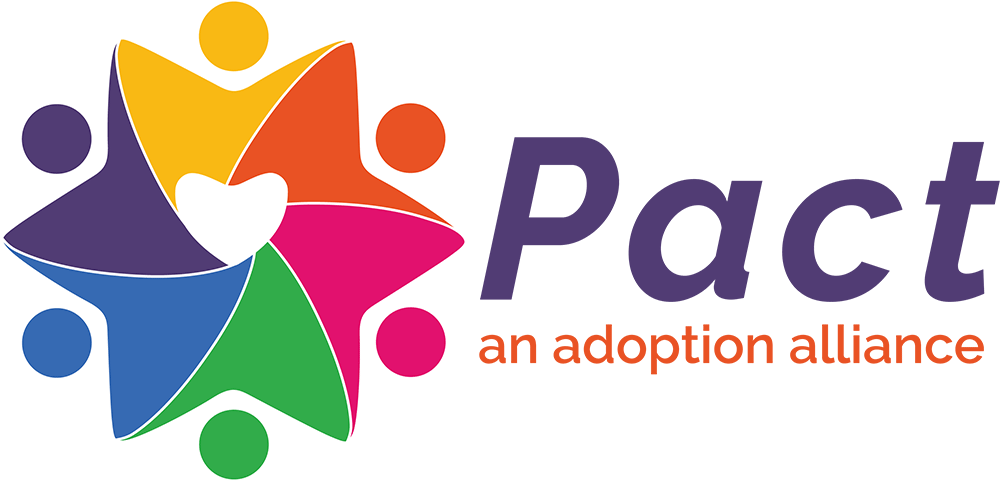by Rebecca Carroll
2016
- Give your black children some black to grow on — black friends, black culture; work hard and tirelessly to make sure they are never the only one in the room, anywhere.
- Find a black person to teach you how to manage your children’s hair and skin.
- Do not judge any aspect of black culture that you don’t relate to or approve of, particularly in regard to pop culture (i.e.: Nikki Minaj’s “Aanaconda,” Beyonce’s “Lemonade,” the N-word). Vet it first through black friends, folks, people. Check yourself on what makes it inappropriate to you.
- Pay attention to Black Twitter — it knows everything.
- Make sure you know who the following people are: Ta-Nehisi Coates, Amandla Stenberg, Damon Young, Roxane Gay, Bryan Stevenson, Ava DuVernay, Issa Rae, Rembert Browne, Claudia Rankine, Kara Walker, Nikole Hannah-Jones, Kadir Nelson, Mickalene Thomas.
- Don’t underestimate the power of black vernacular — and never, ever refer to it as ebonics or slang. Understand what it means to code switch.
- Prioritize racial conversancy — the sense that a world can and does exist beyond the default of American whiteness.
- Recognize and implement that black history is not a month, but every single day of our life in America.
- Be prepared to be resented by your black children for your whiteness — it will manifest in a number of ways. Be vigilant cultivating resiliency.
- Realize that if in fact all lives mattered, the Black Lives Matter movement would not be necessary.
Rebecca Carroll, a transracial adoptee who has been a guest speaker at Pact Family Camp, is the author of five books, including Saving the Race: Conversations on Du Bois from a Collective Memoir of Souls and Sugar in the Raw: Voices of Young Black Girls in America. The former editor of the Huffington Post’s Black Voices and managing editor of Paper Magazine, she is now producer of the Come Through with Rebecca Carroll podcast at WNYC Radio.
